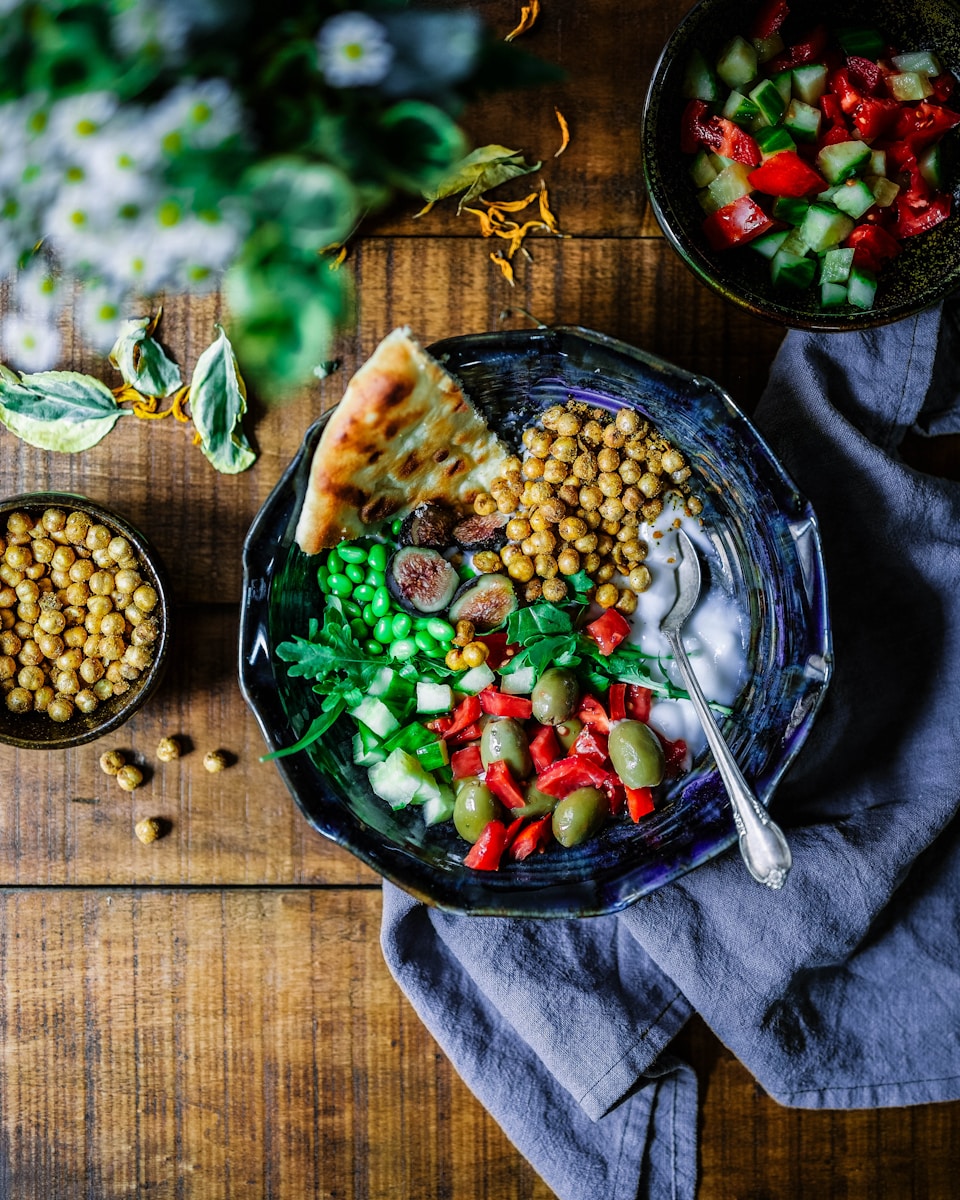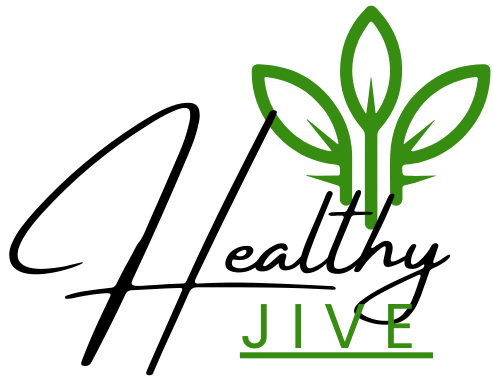

As we navigate the 21st-century, sustainability and environmental responsibility have become more than just buzzwords: they are a necessity. One of the critical domains where the call for eco-friendly solutions is resonating loudly is the food packaging industry. This article aims to delve into this subject, highlighting the five types of eco-friendly food packaging, three types to avoid, and the overall impact on our planet.
Table of Contents
- Introduction
- The Need for Eco-Friendly Food Packaging
- Five Eco-Friendly Food Packaging Options
- Three Food Packaging Types to Avoid
- The Future of Food Packaging
- Conclusion
Introduction {#introduction}
Food packaging has a significant role in our daily lives. It not only protects and preserves the food but also acts as a medium for information and marketing. However, due to environmental concerns, traditional non-biodegradable packaging options are being replaced with more sustainable alternatives.

The Need for Eco-Friendly Food Packaging {#need}
The shift towards sustainable packaging is driven by several factors:
- Awareness about environmental issues
- Government regulations promoting sustainable practices
- Consumer demand for eco-friendly products
“It’s not just about delivering food anymore; it’s about delivering values.” -Anonymous
Five Eco-Friendly Food Packaging Options {#options}
1. Biodegradable Plastics
Biodegradable plastics are made from plant-based materials such as corn starch and wheat. They decompose naturally over time, reducing their environmental impact.
2. Edible Packaging
Edible packaging, made from food-grade materials, is a revolutionary concept that eliminates waste completely.
3. Recycled Cardboard and Paper
Recycled cardboard and paper, while not new, remain popular eco-friendly packaging alternatives.
4. Plant-Based Packaging
Plant-based packaging materials are another innovative solution, utilizing resources like bamboo, sugar cane, and mushrooms.
5. Glass and Metal
Glass and metal containers, which are 100% recyclable, offer a timeless and sustainable packaging solution.
Three Food Packaging Types to Avoid {#avoid}
While strides are being made in eco-friendly packaging, there are still options to avoid:
- Polystyrene Foam
- Non-Recyclable Plastics
- Non-Biodegradable Packaging
These materials persist in the environment for hundreds of years and contribute significantly to pollution.
The Future of Food Packaging {#future}
The future of food packaging lies in the continued development and adoption of sustainable materials and practices. With advancements in technology and increased awareness, the industry is set to undergo a significant transformation.
